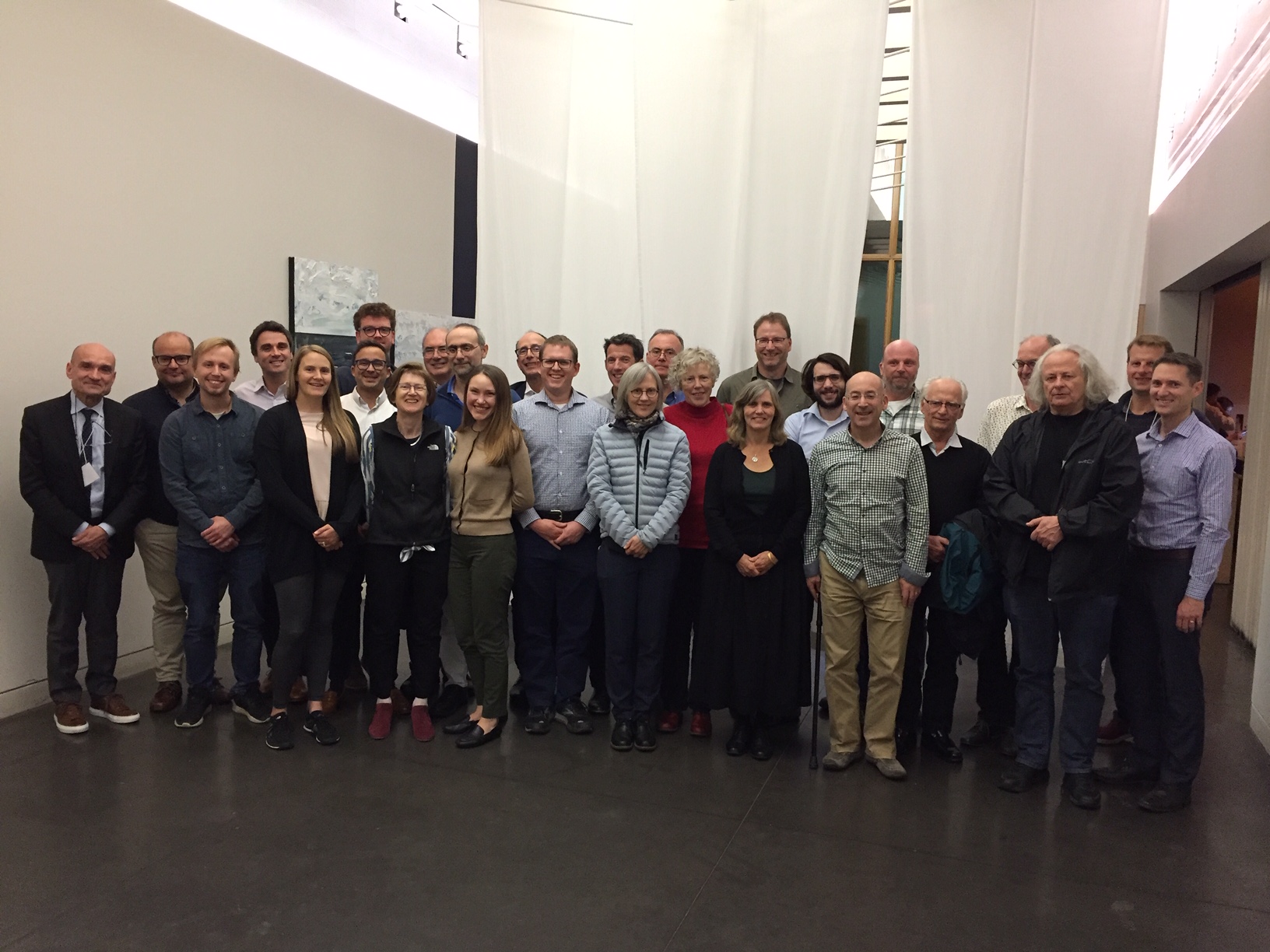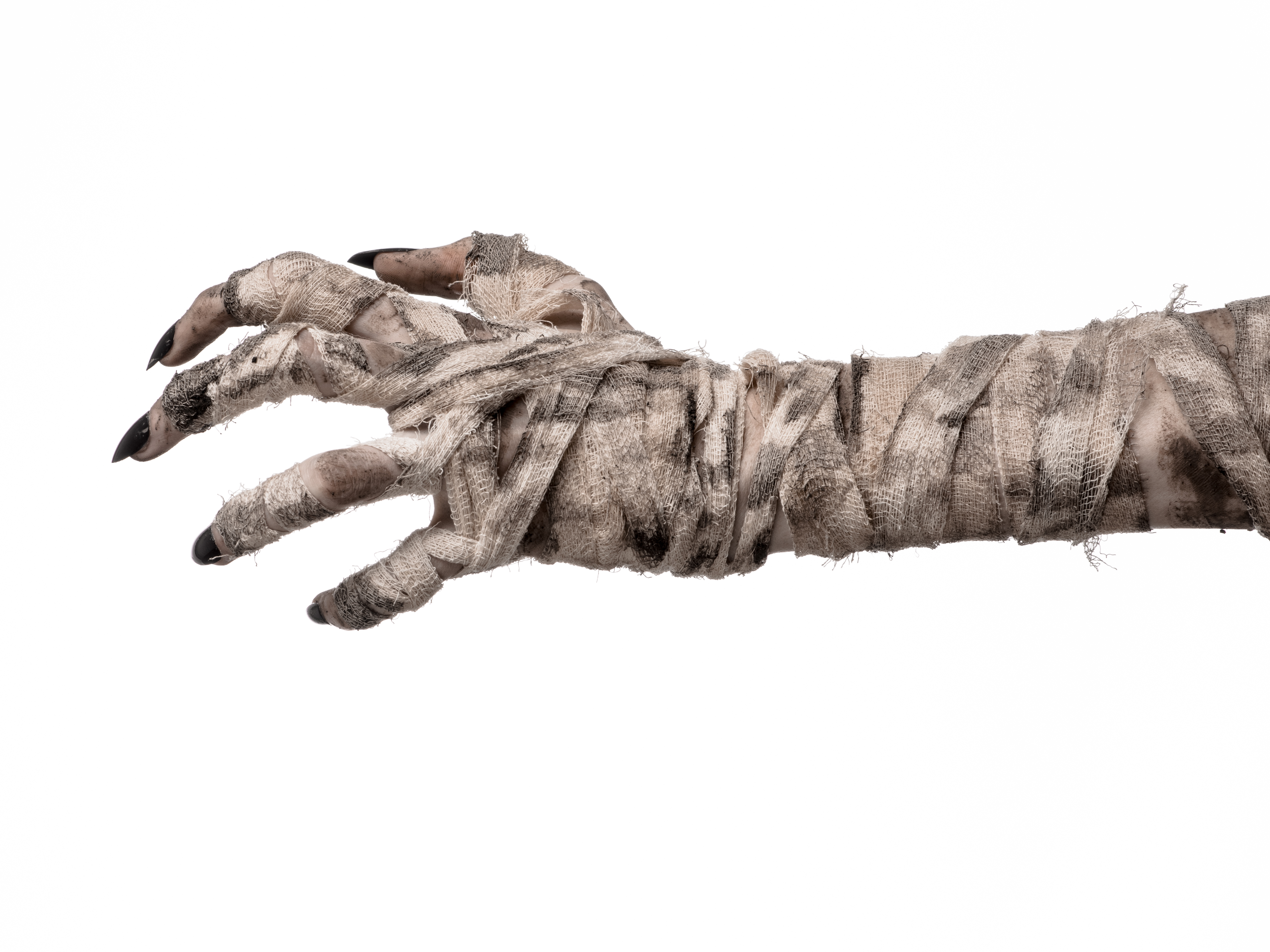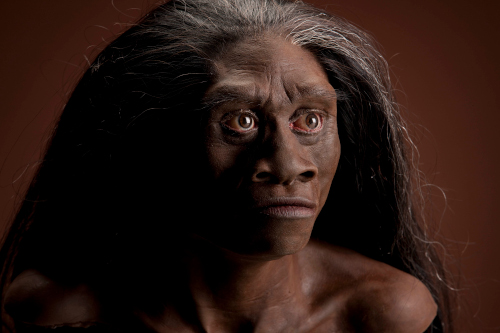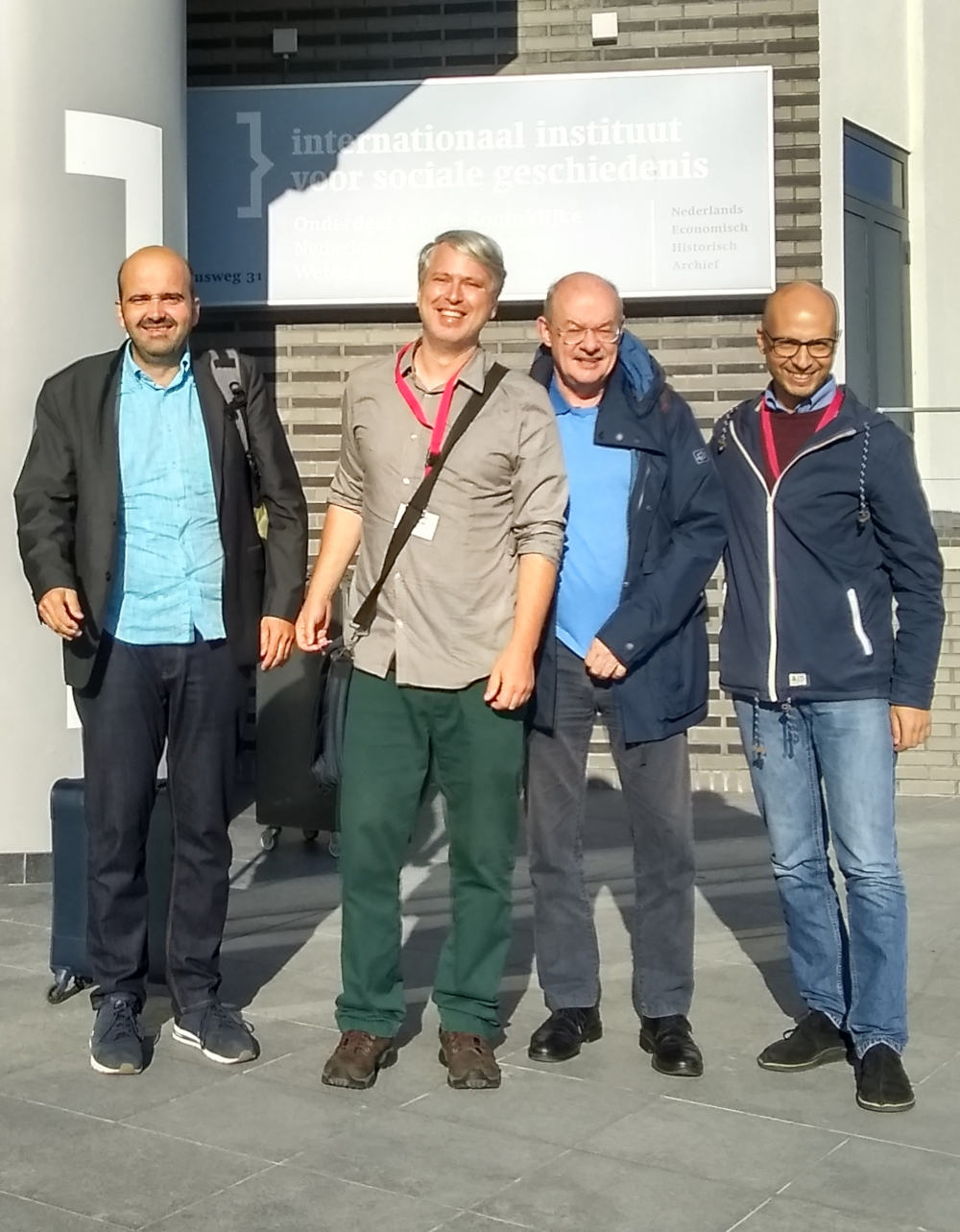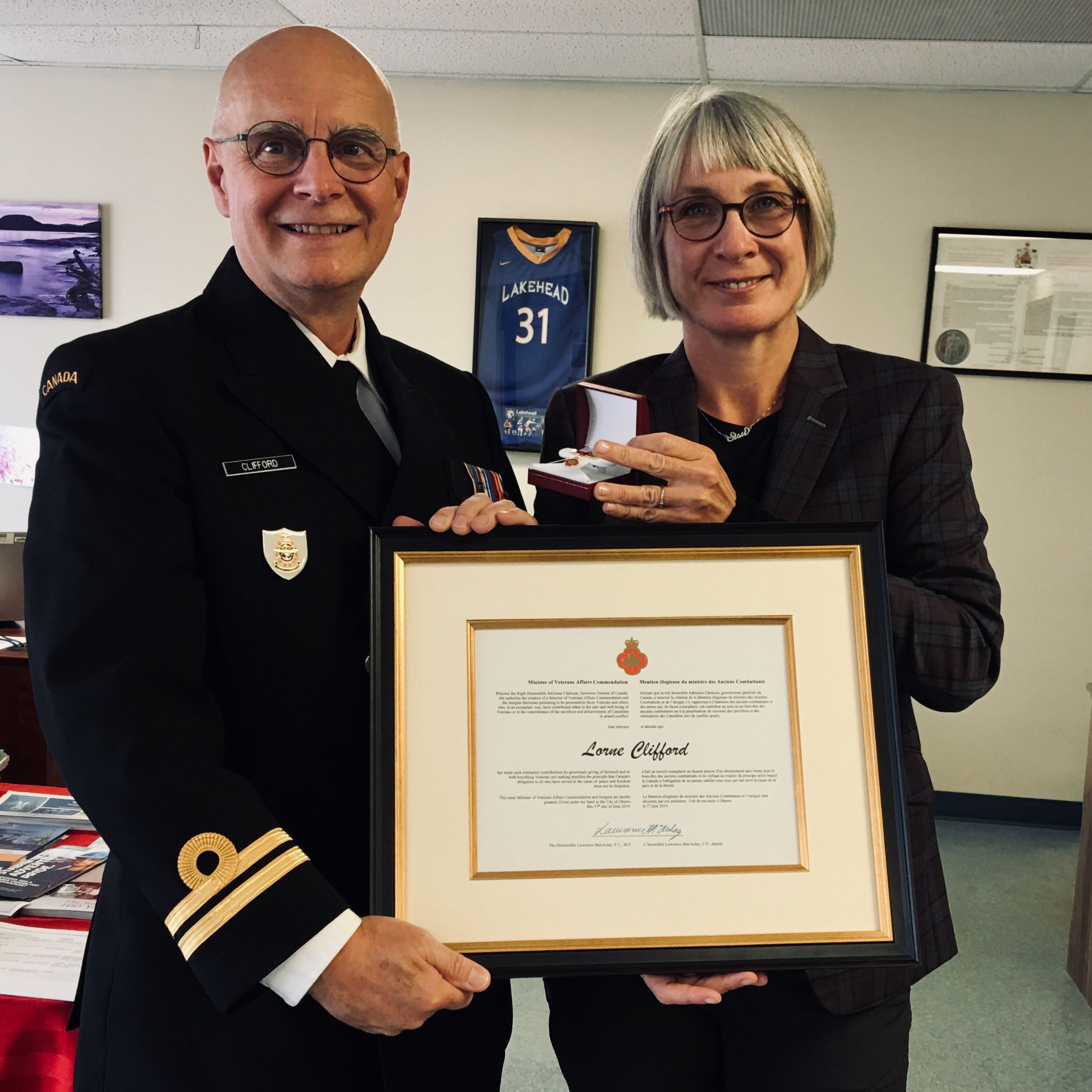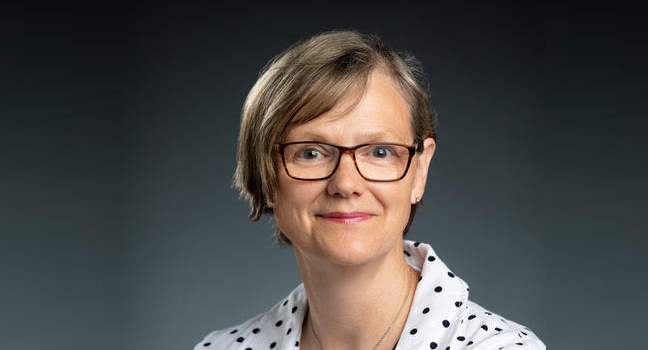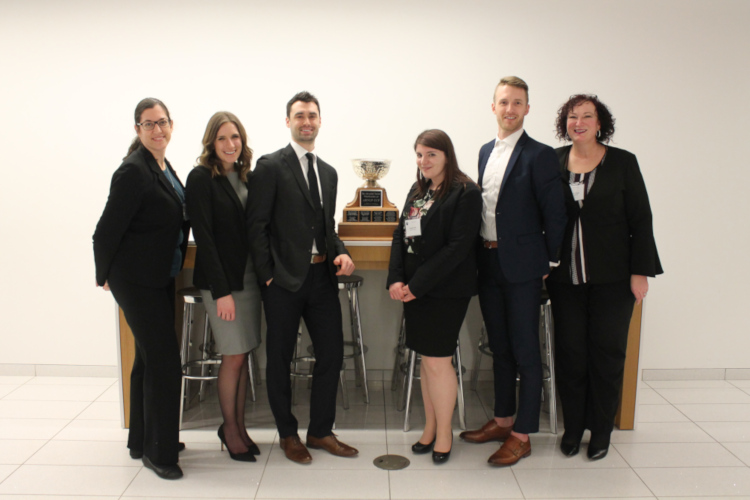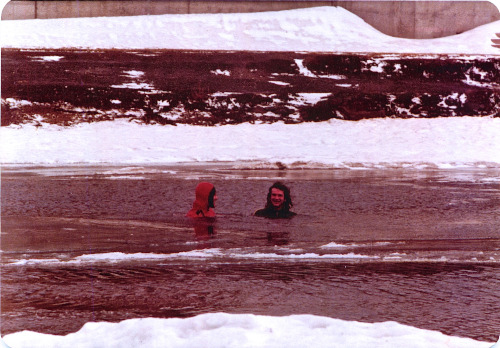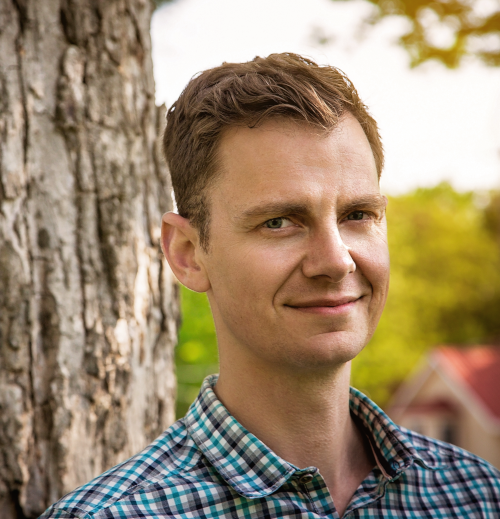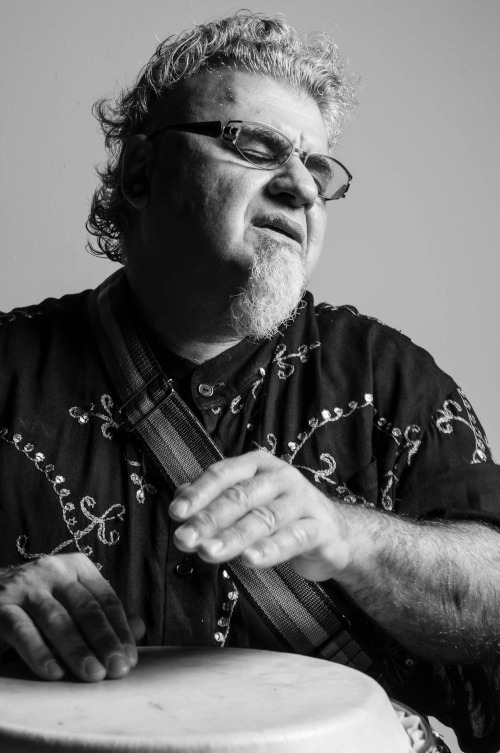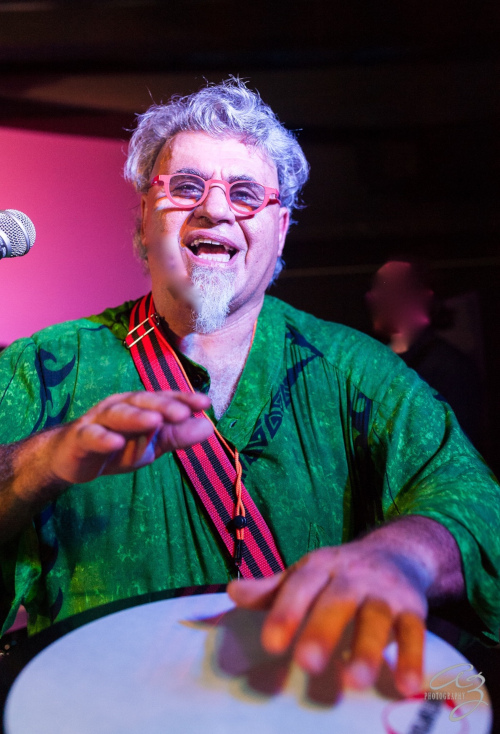August 29, 2019 – Thunder Bay, Ont.
Lakehead University researchers are receiving more than $742,000 from the Canadian Institutes of Health Research (CIHR) for seven important projects undertaken by faculty and graduate students.
Three projects in particular will assist Indigenous children who are experiencing mental health difficulties, investigate how food sovereignty can provide health interventions in Northern Ontario's rural and urban hubs, and assist people with dementia in the decision-making surrounding their own death.
The project between Lakehead University and a local First Nations children's services organization aims to use a variety of strategies to develop treatments for young Indigenous children who are experiencing mental health difficulties.
"The approach that we'll be using brings together the best of what we know from a psychological approach, but also the best of what we know from traditional cultural approaches. Bringing together these knowledge bases helps improve the wellness of young people," said Dr. Christopher Mushquash, an associate professor in Lakehead's Department of Psychology and the Northern Ontario School of Medicine.
A grant of $160,000 from the Canadian Institutes of Health Research will be used to develop a group intervention strategy for First Nations children and youth.
Dr. Mushquash, who holds the Canada Research Chair in Indigenous Mental Health and Addiction, is also the director of the Centre for Rural and Northern Health Research and a psychologist at Dilico. Dr. Mushquash is also the Associate Vice-President, Research at Thunder Bay Regional Health Sciences Centre and Chief Scientist at the Thunder Bay Regional Health Research Institute.
"Dilico's role in this project is to meet the clinical needs of the service population in a way that honours our strengths as a people," said John Dixon, director of mental health and addiction services at Dilico Anishinabek Family Care, whose offices are located on the Fort William First Nation.
Along with Dr. Mushquash and Dixon, the research team includes PhD student Kristy Kowatch, as well as Tina Bobinski and Kristine Stasiuk of Dilico.
Dr. Mushquash, who grew up in Sioux Lookout, has been working with First Nations organizations on improving the lives of people in remote communities. Along with a high level of poverty, residents are also struggling with the lingering effects of the 60s Scoop and the residential school system.
"When you bring these elements together it creates a much higher need for mental health services," Dr. Mushquash said, referring to issues such as depression, anxiety, emotion regulation, adjustment to trauma and substance use.
The treatment participants will be clients of Dilico, ages 7-12. Often they present with multiple diagnoses, such as depression as well as anxiety and difficulty sleeping.
Partnerships with Dr. Mushquash have been community-focused and community-driven, Dixon said.
"Research is only undertaken if it is wanted by the community and is of benefit to communities in terms of immediate knowledge translation, and the advancement of community wellness," he said.
"What we will do on the psychology side of things," Dr. Mushquash explained, "is bring together the very best literature and approaches on what we think could be of utility to young people."
That information will go to an advisory group of stakeholders and community members for feedback. At the same time, Dilico will engage people with expertise in addressing these symptoms to build a program for children that will hopefully decrease depression, anxiety, and other mental health concerns.
"It is our expectation that training and service delivery models will be developed from this work that will further enhance Indigenous models of care," Dixon said, emphasizing the focus is on Anishinabek beliefs, spirituality and community relations.
Dr. Lana Ray, assistant professor in Indigenous Learning, is receiving $142,211 to spend one year creating an Indigenous Food Sovereignty (IFS) best practice framework that she will use to design, implement and evaluate health interventions for Indigenous peoples accessing services in Northern Ontario's urban and rural communities.
"At a community level, this project will examine the effectiveness of moving from an outcome based approach to one that is focused on the ways in which health is negotiated and lived among Indigenous peoples according to an Indigenous model of health, and thus an understanding of health that is culturally based," Dr. Ray said.
Through a case-study design and engagement with health care providers and administrators throughout the region, Dr. Ray and the project team are able to build upon the innovative work currently happening at partner Aboriginal Health Access Centres in northern Ontario.
Dr. Ray will work with Joe LeBlanc, Director of Indigenous Affiars at the Northern Ontario School of Medicine, and co-investigators Anita Cameron, Perry McLeod-Shabogesic, Dr. Kristin Burnett, associate professor in Indigenous Learning, and Dr. Barbara Parker, assistant professor in Sociology.
Dr. Nisha Sutherland, assistant professor in the School of Nursing and research affiliate at the Centre for Education and Research on Aging & Health, is receiving $195,075 to spend three years exploring and promoting end-of-life decision-making for people with dementia living in long-term care homes.
"The purpose of this study is to include residents with dementia and their care partners (paid care workers and unpaid family members) when making decisions about dying," Dr. Sutherland wrote in her funding application. "We will use methods of interview, observation and review of documents to understand how care decisions are made for residents with dementia."
This study is important to point to new ways of including residents with dementia and the people who care for them in making decisions towards palliative care.
First, they will use a relational model of citizenship to understand the meaning of actions and intentions of people with dementia and include them in decision-making. Second, they will use a critical feminist lens to highlight the influence of gender and other social relations in end-of-life decision-making.
"We will partner with long-term care home partners and people with dementia in the community to create a video that sheds light on fair practices and policies," Dr. Sutherland wrote.
This study is essential for residents with dementia to have a fair chance to receive quality palliative care and die in the way they wish. This project was ranked first out of 18 in its category. "Thank you to the CIHR for recognizing the important research undertaken by Lakehead University faculty and graduate students," said Dr. Andrew Dean, Lakehead University's Vice-President, Research and Innovation.
Funding from CIHR also generates support from the federal Research Support Fund to offset the indirect costs of research incurred by universities.
In 2018/19, Lakehead University will receive nearly $2 million in assistance from the Research Support Fund to support the indirect costs of research, which includes costs for supporting the management of intellectual property, research and administration, ethics and regulatory compliance, research resources, and research facilities.
New CIHR Grants 2018-19: Total $742,286
Faculty Member Grants
Project Grant (three- to four-year grants)
Dr. Christopher Mushquash, Department of Psychology, Developing a transdiagnostic group intervention for First Nations children and youth, $160,000.
Principal Applicant – Knowledge User
John Dixon, Dilico Anishinabek Family Care
Co-applicant – TraineeKristy Kowatch, Department of Psychology
Collaborators - Knowledge Users
- Tina Bobinski, Dilico Anishinabek Family Care
- Kristine Stasiuk, Dilico Anishinabek Family Care
Dr. Nisha Sutherland, Department of Nursing, Promoting Just and Inclusive End-of-life Decision-making for Long-term Care Home Residents with Dementia and their Care Partners, $195,075.
Co-applicants
- Dr. Mariette Brennan, Bora Laskin Faculty of Law
- Dr. Sherry Dupuis, University of Waterloo
- Dr. Pia C. Kontos, University Health Network (Toronto)
- Dr. Oona M. St-Amant Ryerson University
- Dr. Elaine C. Wiersma, Department of Health Sciences, Director, Centre for Education and Research on Aging & Health
Catalyst Grant: Indigenous Approaches to Wellness Research (One year grant)
Dr. Lana Ray, Department of Indigenous Learning, Investigating Food Sovereignty as a Best Practice Framework for Health Interventions in Rural and Urban Hubs in Northern Ontario, $142,211.
Principal Knowledge User
- Joe LeBlanc, Director of Indigenous Affairs at NOSM
Co-applicants
- Dr. Kristin Burnett, Department of Indigenous Learning
- Dr. Barbara Parker, Department of Sociology
Knowledge Users
- Perry McLeod-Shabogesic, Shkagamik-Kwe Health Centre
- Anita Cameron, Waasegiizhig Nanaadawe'iyewigamig
Partner
- Sudbury Social Planning Council
Graduate Student Grants
CIHR – Doctoral Research Award – Priority Announcement: Research in First Nations, Métis and/or Inuit Health Award
Kowatch, Kristy - Clinical Psychology – The development, implementation and evaluation of a transdiagnostic group intervention for First Nations children. September 1, 2018 – August 31, 2021, $105,000.
CIHR – Doctoral Award – Frederick Banting and Charles Best Canada Graduate Scholarships (CGS-D) Award
Toombs, Elaine – Clinical Psychology – The Strongest FamiliesTM Parenting Program: A randomized-controlled trial of a culturally appropriate parenting program for northwestern Ontario First Nations communities. September 1, 2018 – August 31, 2021, $105,000.
CIHR – Canada Graduate Scholarships-Master's Program
Kristen Chafe - Clinical Psychology, The Role of Estrogen in Moderating the Relationship Between Lifestyle Factors and Cognitive Ability in Older Women May 1, 2018 – April 31, 2018, $17,500.
CIHR – Canada Graduate Scholarships-Master's Program
Martina Agostino – Biology, Novel Methods for the Treatment and Diagnosis of Fibromyalgia. September 1 – August 31, 2019, $17,500.
– 30 –
Media: For more information or interviews, please contact Brandon Walker, Communications and Marketing Associate, at (807) 343-8177 or mediarelations@lakeheadu.ca.
Lakehead University has approximately 9,700 full-time equivalent students and 2,000 faculty and staff in 10 faculties at two campuses in Orillia and Thunder Bay, Ontario. Lakehead is a fully comprehensive university: home to Ontario's newest Faculty of Law in 44 years, the Northern Ontario School of Medicine, and faculties of Engineering, Business Administration, Health & Behavioural Sciences, Social Sciences & Humanities, Science & Environmental Studies, Natural Resources Management, Education, and Graduate Studies. Maclean's 2019 University Rankings place Lakehead University among Canada's Top 10 primarily undergraduate universities and in 2018 Research Infosource named Lakehead Research University of the Year in its category for the fourth consecutive year. Visit www.lakeheadu.ca.
